In today’s fast-paced world, takeout meals have become a constant. Whether it’s a late-night snack or a quick lunch between meetings, we often reach for convenient plastic containers without thinking twice. But what if that very convenience is silently damaging your heart? A recent study has uncovered a disturbing link between eating from plastic takeout containers and an increased risk of congestive heart failure. The culprit? Microplastics that seep into our food, wreaking havoc on our gut and, eventually, our circulatory system.
The food we eat is meant to nourish us, but what if it’s laced with harmful microscopic particles? Researchers have found that when hot food or liquids are placed in plastic containers, tiny plastic particles leach into our meals. These microplastics then travel to our digestive system, where they can penetrate the gut lining and enter the bloodstream.
Once inside, these particles don’t just sit idly. They disrupt the gut’s natural balance, causing inflammation and making the body more vulnerable to chronic diseases, especially heart conditions. While scientists have long suspected a link between gut health and heart disease, this study now sheds light on how plastics accelerate the damage.
Microplastics are tiny fragments of plastic, often invisible to the naked eye, that come from packaging, utensils, and food containers. When we consume food stored in plastic, we unknowingly ingest these harmful particles. Here’s what happens next:
1. They Damage Your Gut Lining: Your gut lining acts as a protective barrier, filtering out harmful substances while absorbing nutrients. However, exposure to microplastics weakens this barrier, making it more permeable. This means toxins and bacteria that should be kept out can now pass into the bloodstream, triggering widespread inflammation.
2. They Disrupt Your Gut Biome: Your gut is home to trillions of bacteria that play a crucial role in digestion, immunity, and even mental health. When microplastics interfere with this delicate balance, the body struggles to process food efficiently. Over time, this imbalance contributes to metabolic issues and, as the study suggests, a greater risk of cardiovascular diseases.
3. They Trigger Chronic Inflammation: Inflammation is the body’s natural response to threats, but chronic inflammation can be deadly. When microplastics continuously enter the system, the body remains in a constant state of alert, overworking the immune system. This persistent inflammation damages blood vessels, increasing the likelihood of heart failure, hypertension, and other circulatory disorders.
The study followed over 3,000 participants in China, analysing their dietary habits and health conditions. Researchers discovered that individuals who frequently ate from plastic takeout containers had a significantly higher risk of developing congestive heart failure.
To further validate these findings, scientists conducted an experiment exposing rats to chemicals extracted from plastic food containers. The results were alarming, rats subjected to high levels of plastic chemicals showed signs of heart damage, reinforcing the connection between plastic exposure and cardiovascular risk.
While the study did not pinpoint which specific chemicals were responsible for the damage, past research has already linked common plastic compounds, such as BPA (bisphenol A) and phthalates, to heart disease, obesity, and hormone disruption.
If you frequently eat from plastic containers, your body might already be showing warning signs. Here are some symptoms that could indicate plastic-related inflammation and circulatory damage:
• Chronic fatigue: Feeling exhausted even after a full night’s sleep
• Digestive issues: Bloating, acid reflux, or unexplained stomach pain
• High blood pressure: A key indicator of circulatory system strain
• Heart palpitations: Irregular heartbeats that occur without exertion
• Frequent headaches: Possible signs of toxic buildup in the bloodstream
While completely eliminating plastic from our lives may be impossible, there are practical steps you can take to minimize exposure and protect your heart:
1. Switch to Glass or Stainless Steel Containers: Instead of reheating food in plastic, opt for glass or stainless steel containers. These materials do not release harmful chemicals when exposed to heat.
2. Say No to Plastic Utensils and Straws: Plastic forks, spoons, and straws often contain high levels of toxins. Carrying reusable cutlery can drastically reduce daily plastic consumption.
3. Avoid Hot Food in Plastic Containers: Never pour boiling water or hot soup into plastic. If you order takeout, transfer the food to a non-plastic dish before eating.
4. Stay Hydrated with Safe Bottles: Many plastic water bottles release BPA and phthalates over time. Choose BPA-free, glass, or stainless steel bottles instead.
5. Read Labels on Packaged Foods: Some food products are wrapped in microplastic-laden packaging. If possible, buy fresh, unprocessed foods to limit plastic exposure.
6. Support Policies for Plastic Regulation: Governments and organizations worldwide are working to reduce plastic pollution. Supporting policies that limit single-use plastics can create long-term positive changes for public health.
While the findings of this study are concerning, they also open doors for new medical interventions. Scientists are now investigating whether gut-healing diets, probiotics, and anti-inflammatory therapies could counteract the effects of microplastic exposure.
In the meantime, prevention remains the best cure. By making small lifestyle changes, you can protect your gut, lower inflammation, and reduce your risk of heart disease, all while helping the planet by cutting down plastic waste.
Plastic takeout containers have long been a symbol of convenience, but they come with a hidden cost to our health. As science continues to uncover the dangers of microplastics, the choice is clear, prioritize your well-being by making smarter, plastic-free choices.
Your heart isn’t just affected by diet and exercise. What you store, heat, and eat your food in could be the real silent killer. Is that quick meal worth the long-term damage?

 Plastic takeout containers have long been a symbol of convenience, but they come with a hidden cost to our health.
Plastic takeout containers have long been a symbol of convenience, but they come with a hidden cost to our health.








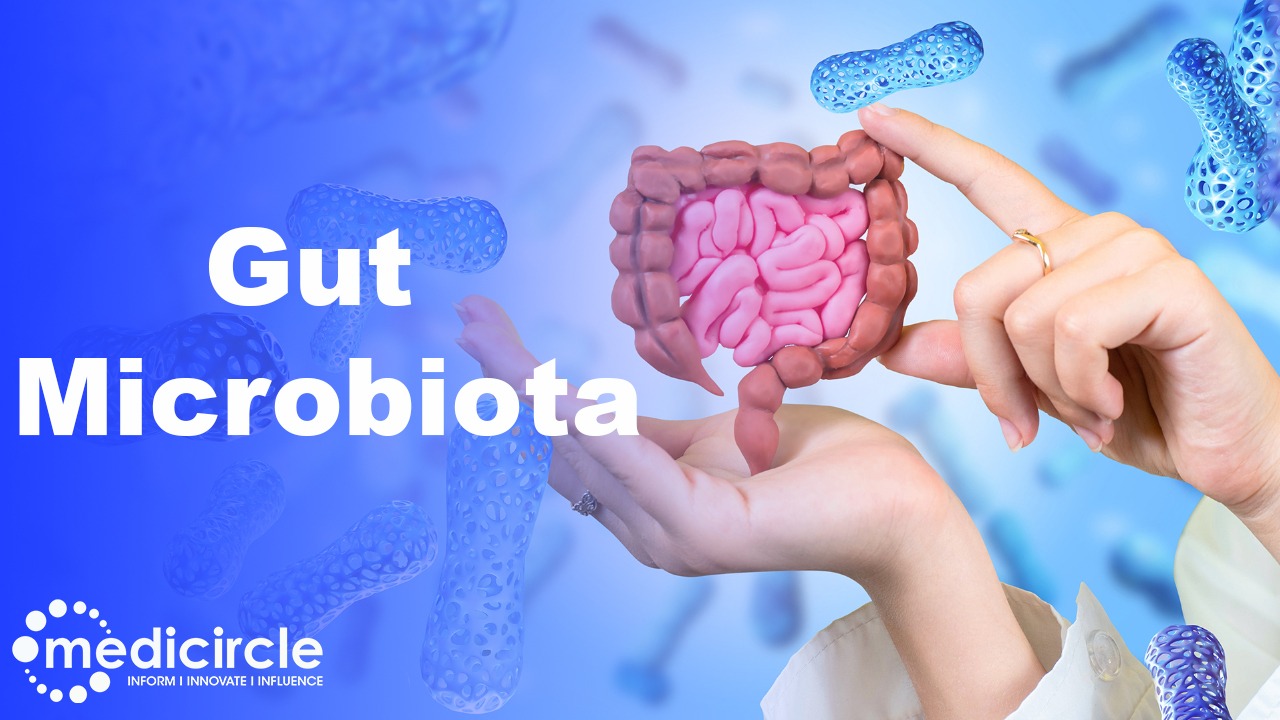
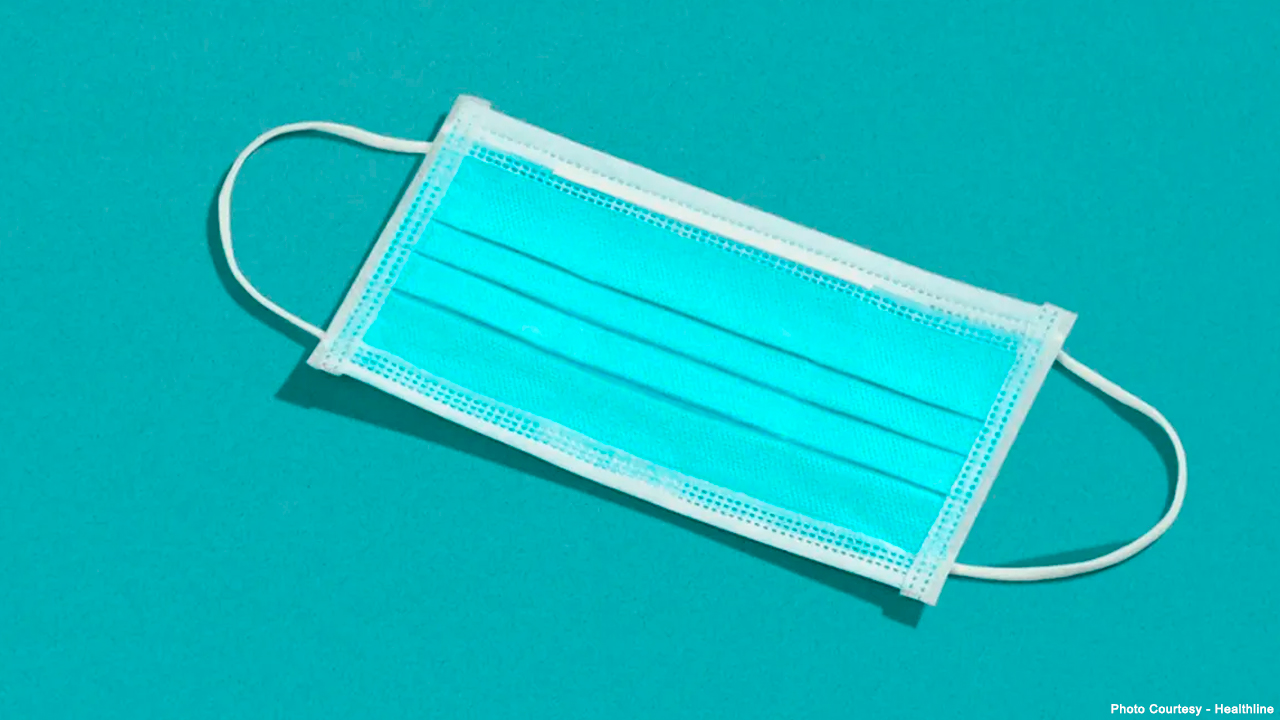
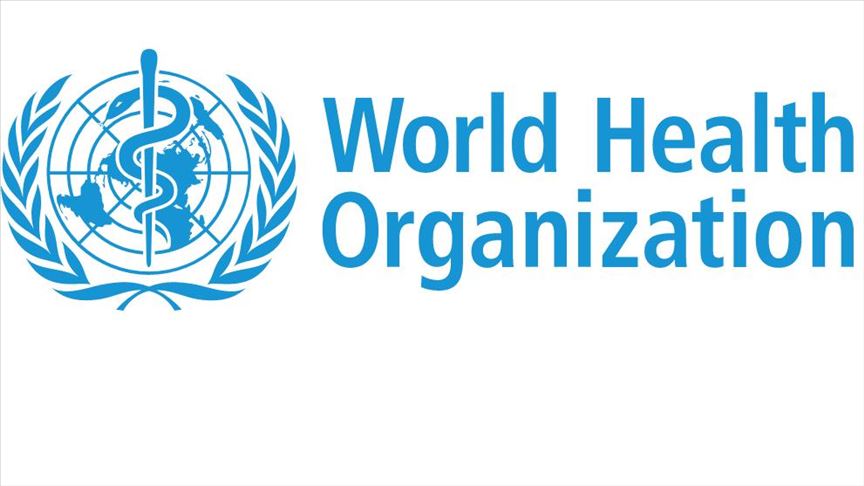
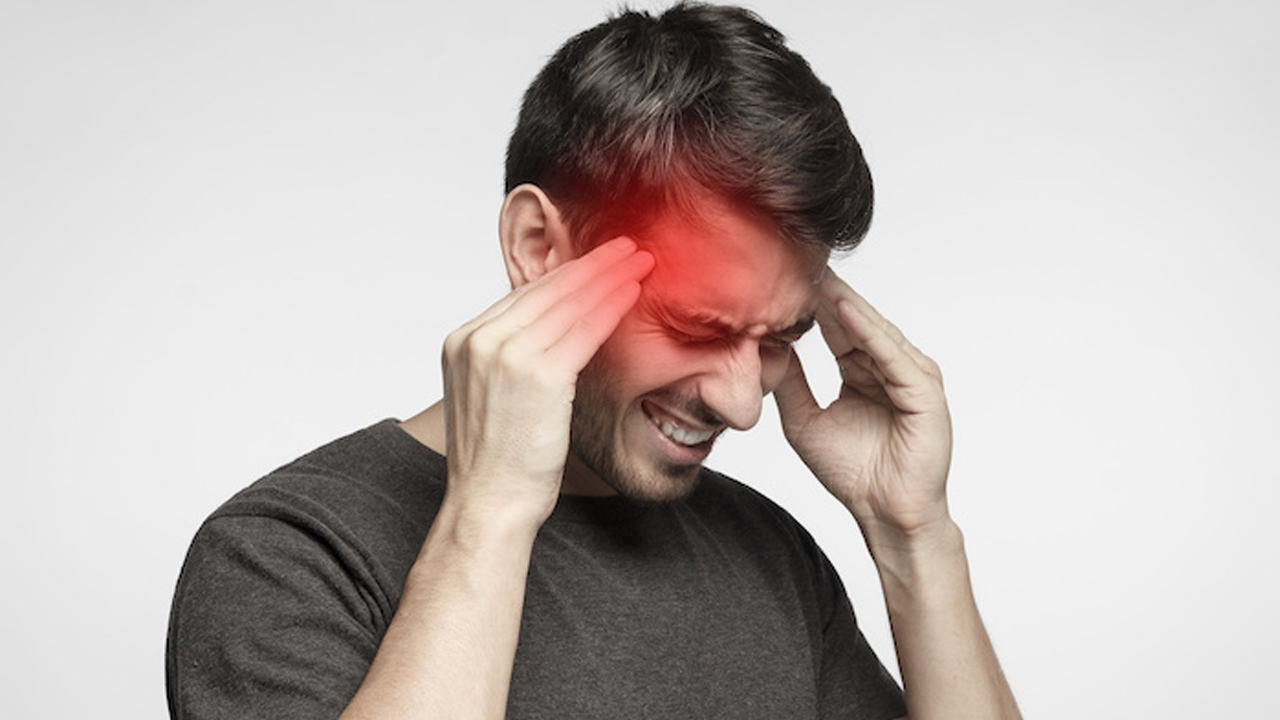

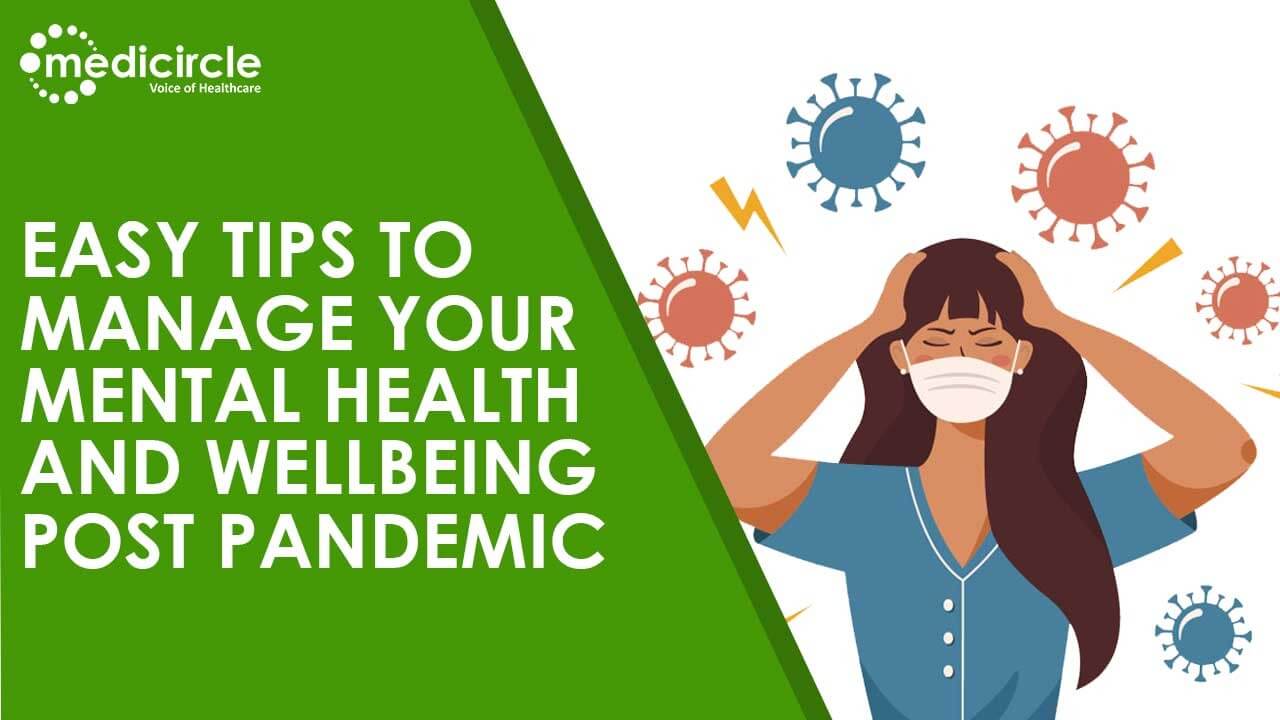






.jpeg)

.jpeg)










.jpg)




.jpg)

